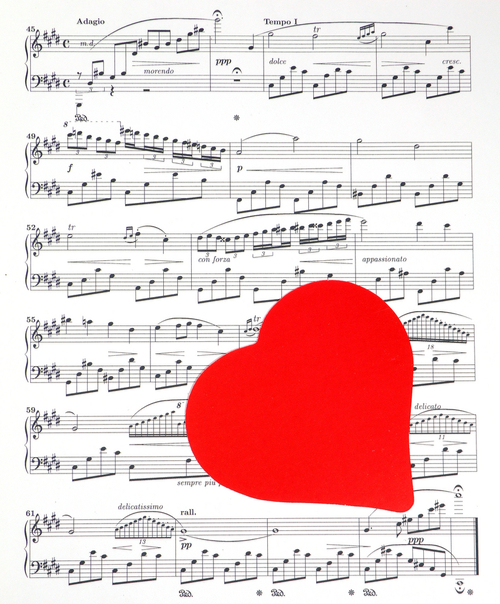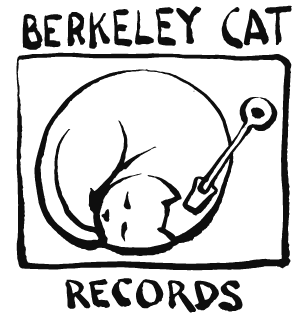
How Does Public Domain Music Work?
Public domain is an area of copyright law that’s extremely important for the preservation of historically great music, but it’s often confusing or intimidating to newcomers. How exactly does public domain music “work,” and how can you find songs and other pieces of music in the public domain?
The Basics of Public Domain
“Public domain” is a field that applies to many different areas of art, but in the music world, it refers to any song not covered by copyright law. It is completely legal and free to use this music in practically any way you choose.
A song can enter the public domain in one of four ways:
All rights to the music have expired. This is the most complicated circumstance. Essentially, copyright law has a fixed expiration date. Depending on the nature of the work and the laws that were and are currently in place, every piece of music’s copyright eventually expires—usually many decades after the original author’s death. Upon this expiration, the piece of work enters the public domain.
The music was created with the intention of being “public domain.” Some musicians intentionally create music for the public domain with no intentions of making use of copyright laws. This could be because they’re experimenting with new recording strategies, because they want more exposure, or just because they’re giving back to the community. In any case, their work is entirely up for grabs.
No copyrights for the music ever existed. There are some circumstances where the copyright for the work never existed. For example, all historical musical works (i.e., those created before 1922) are considered public domain. This is why it’s fairly easy to find sheet music for classic works.
The copyright was not renewed. If the copyright for an original piece of music is not renewed upon expiration, the piece may enter the public domain as well.
Why Is Public Domain Music Important?
Why does this matter to you? Some businesses have interest in using public domain music to save money on purchasing song rights, but for most people, the real value is getting to listen to some of the greatest music ever created—without paying a cent.
The past 100 years of music is a very recent history. From classical and folk music all the way through the earliest origins of jazz and blues, there have been inventive composers, talented performers, and groundbreaking innovators who set the stage for modern musicians to follow. Public domain gives you a chance to hear all these remarkable songs firsthand, for your personal enjoyment, for educational purposes, or to inspire you to create new music of your own.
Using a platform like PublicDomain4u.com , you can delve into the root influences of some of your favorite modern songs, discover artists you might have never considered before, and develop your tastes and sensibilities as a music connoisseur. If you’ve never delved into the world of classical, folk, blues, and jazz music history, you’ll be amazed at how much instrumental innovation, emotional composition, and historical relevance you can find in these songs—all of which are available for free.
The Copyright Term Extension Act and Public Domain Music
The is one of several legislative acts that have increased the terms of copyrights, and it’s of particular consequence because of the number of works released to the public.
Thanks to this act, all individually authored works, like songs, will enter the public domain 70 years after the author’s death. All corporate works will now enter the public domain either 120 years after they were recorded or 95 years after they released—whichever of these dates comes first. Any songs recorded between 1923 and 1946 may be protected for 100 years after they were released, expiring between 2023 and 2046, accordingly. Recordings between 1947 and 1956 will have 110 years of protection, expiring between 2047 and 2056, accordingly. And any recordings made between 1957 and 1972 will have protection terminated in 2067.
As you can see, this law doesn’t have much bearing on modern recordings; if there’s a song you like topping the charts today, it’s going to take a century or longer before it enters the public domain by default. You may also have to consult with state laws to determine if some works are copyrighted.
These terms serve as an extension of those created by the Copyright Act of 1976, which set copyright duration for the full life of the author plus another 50 years (or 75 years for corporate-authored works). Due to their introduction, works covered by copyright in 1998, if they were made in 1923 or later, would be delayed in entering the public domain. Basically, the additional 20 years of copyright coverage has led to a 20-year gap in songs entering the public domain (from 1999 to 2019).
How to Find Public Domain Music
If you’re eager to start listening, there are a few different approaches you can take to find public domain music. You could find an artist or musician who specializes in creating public domain music and follow them for regular new pieces. You could research the history of music and discover some of the greatest musicians who ever lived—then use Google searches to find recordings of specific songs they created. But it’s usually better to seek a platform that specializes in public domain music.
If you’re looking to discover more about the roots of jazz music, or if you want to dive deeper into the history of blues, you’ve come to the right place. At PublicDomain4U, you’ll find lists of free music in the public domain in multiple genres and categories. You can scope out the top 10 list, where you’ll find pieces like Mozart’s chamber ensemble composition Eine Kleine Nachtmusik, as well as an early recording of Swing Low, Sweet Chariot, a song that’s deeply ingrained in our culture, and other recordings that capture the mood and culture of an era long past. You can also browse by genre to find songs in a particular category, like blues, jazz, classical, folk, or instrumental. Here, you’re bound to find your next great musical passion—or possibly the inspiration to create some of your own!

